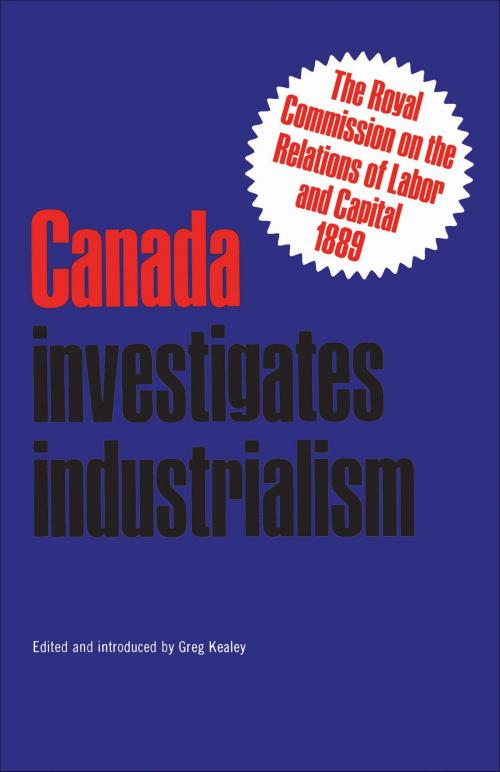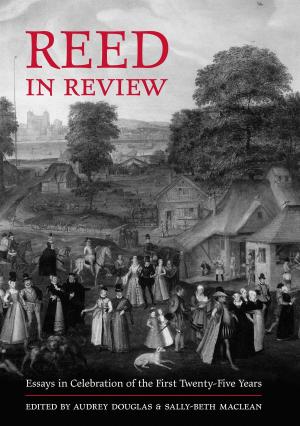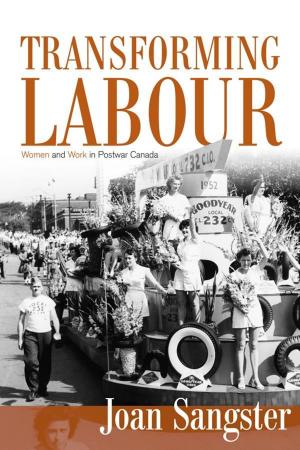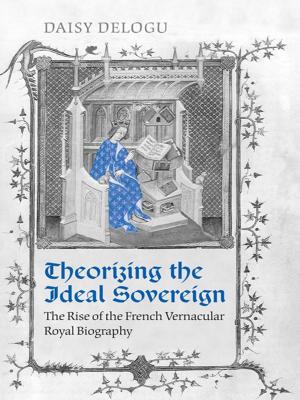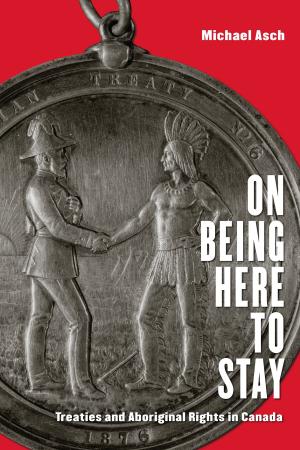Canada Investigates Industrialism
The Royal Commission on the Relations of Labor and Capital, 1889 (Abridged)
Nonfiction, History, Americas, Canada, Social & Cultural Studies, Social Science, Sociology| Author: | ISBN: | 9781487590727 | |
| Publisher: | University of Toronto Press, Scholarly Publishing Division | Publication: | December 15, 1973 |
| Imprint: | Language: | English |
| Author: | |
| ISBN: | 9781487590727 |
| Publisher: | University of Toronto Press, Scholarly Publishing Division |
| Publication: | December 15, 1973 |
| Imprint: | |
| Language: | English |
In the 1880s Canadians began to cope with the meaning of their emerging industrial society. During that decade the federal government first investigated industrial conditions and provincial governments passed Canada's first factory legislation. The same period saw the resurgence of an articulate and angry labor movement protesting against the excesses of modern industry.
Through the Royal Commission on the Relations of Labor and Capital we can perhaps gain our best insight into the everyday world of workers and capitalists in late nineteenth-century Canada. The commission gathered evidence in Ontario, Quebec, Nova Scotia, and New Brunswick and talked to thousands of workers, businessmen, and other concerned citizens. This edited version of its investigation includes much of the best testimony; it describes working class living conditions, the emergence of organized labor, and the attitudes of businessmen to industrial capitalism.
The testimony takes us with the commissioners on their tour of New Brunswick cotton mills, Capre Breton coal pits, Ontario shops and foundries, and Quebec City wharves; it explores as well the darkest corners of Montreal cigar factories. Industrialists discuss profits, markets, sources of raw material, and problems with labor.
But what is perhaps more important, the working people themselves are also heard, men and women who in most historical records appear as little more than cold statistics. The warmth and humanity of these Canadians reflecting on their lives and on the society around them bring the commission documents to life. Aging craftsmen, ten-year-old saw-mill hands, girls from the spindles and looms, describe their workplaces, wages, hours, and aspects of their lives away from the job. These almost unique interviews allow us to enter their intellectual and cultural world – to learn of their past and present and of some of their hopes and aspirations. The Labor Commission reports and testimony are essential for an understanding of the Canadian working class as it was being transformed by the new techniques of industrial production.
In the 1880s Canadians began to cope with the meaning of their emerging industrial society. During that decade the federal government first investigated industrial conditions and provincial governments passed Canada's first factory legislation. The same period saw the resurgence of an articulate and angry labor movement protesting against the excesses of modern industry.
Through the Royal Commission on the Relations of Labor and Capital we can perhaps gain our best insight into the everyday world of workers and capitalists in late nineteenth-century Canada. The commission gathered evidence in Ontario, Quebec, Nova Scotia, and New Brunswick and talked to thousands of workers, businessmen, and other concerned citizens. This edited version of its investigation includes much of the best testimony; it describes working class living conditions, the emergence of organized labor, and the attitudes of businessmen to industrial capitalism.
The testimony takes us with the commissioners on their tour of New Brunswick cotton mills, Capre Breton coal pits, Ontario shops and foundries, and Quebec City wharves; it explores as well the darkest corners of Montreal cigar factories. Industrialists discuss profits, markets, sources of raw material, and problems with labor.
But what is perhaps more important, the working people themselves are also heard, men and women who in most historical records appear as little more than cold statistics. The warmth and humanity of these Canadians reflecting on their lives and on the society around them bring the commission documents to life. Aging craftsmen, ten-year-old saw-mill hands, girls from the spindles and looms, describe their workplaces, wages, hours, and aspects of their lives away from the job. These almost unique interviews allow us to enter their intellectual and cultural world – to learn of their past and present and of some of their hopes and aspirations. The Labor Commission reports and testimony are essential for an understanding of the Canadian working class as it was being transformed by the new techniques of industrial production.
